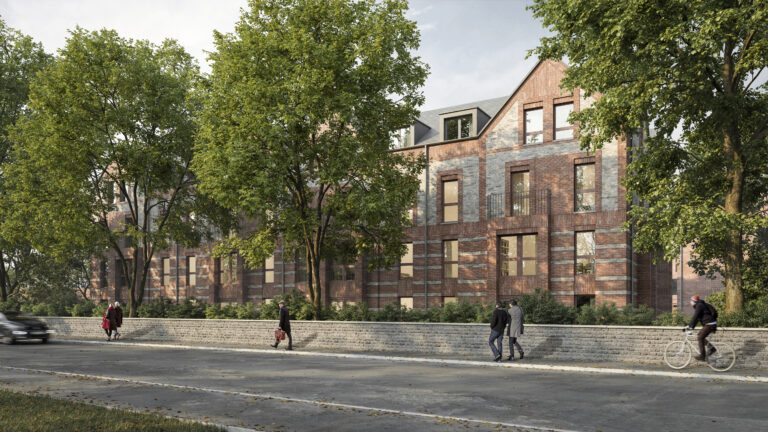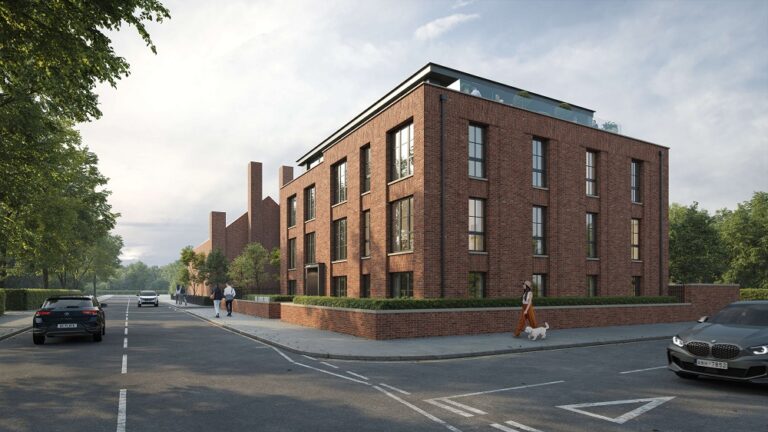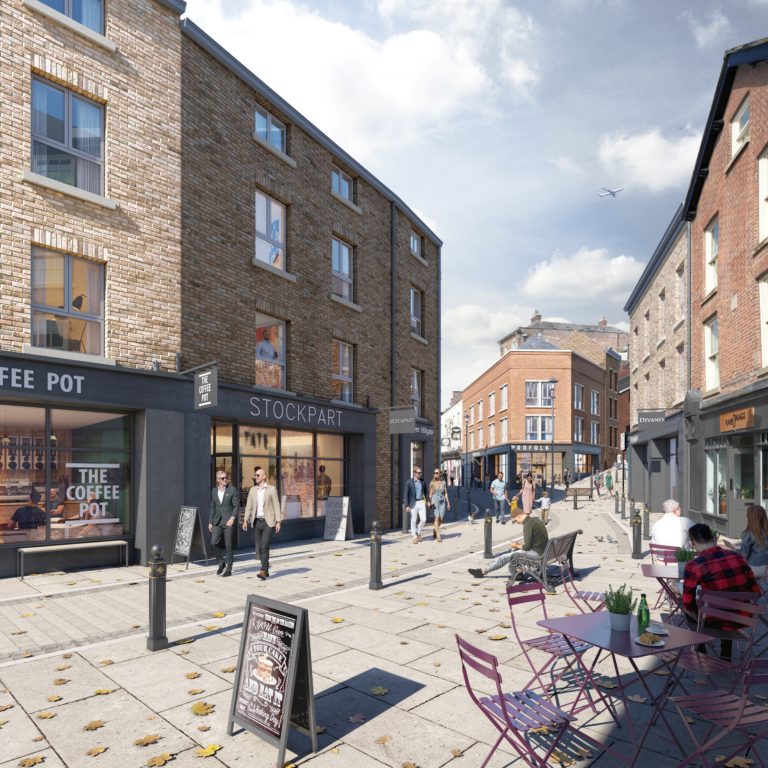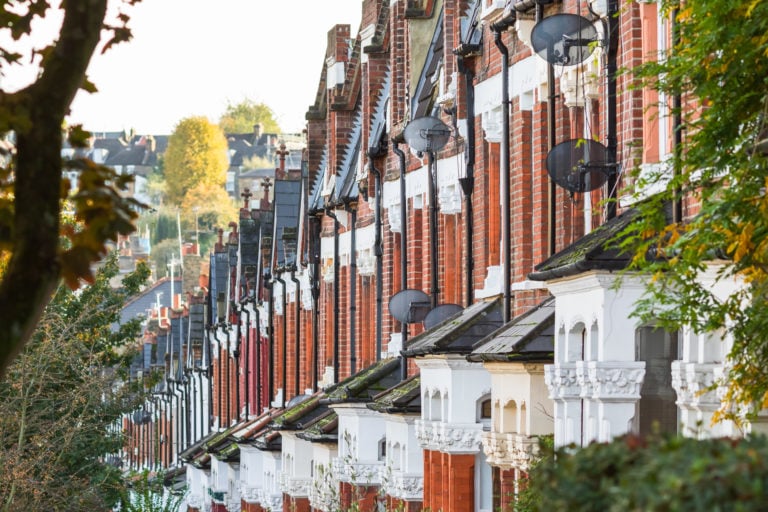Buying and renting outside of city centres can help homebuyers, landlords and tenants save money. What does rent and house prices look like in commuter towns?
The COVID-19 pandemic has changed location preferences for many buyers and tenants. However, many people still prioritise convenient commutes into city centres.
Since lockdown restrictions have fully lifted, demand has increased for city centre locations and properties with easier commutes. While there has been a rise in hybrid working arrangements, there is still strong demand among professionals to be within close proximity to their place of work.
The impact of commuting times on house prices
Benham and Reeves undertook analysis of the property market across London, Birmingham and Manchester and looked at the difference in house prices when commuting 15 minutes, 30 minutes, 45 minutes and an hour from the city centres.
On average, buyers and investors pay £449,963 for properties within 15 minutes of a city centre. A longer commute usually means more affordable house prices.
However, the figures suggest that a 30-minute commute is often the sweet spot for the highest price paid, meaning people are placing value on these locations. Buyers and investors pay £512,574 on average for a property within a 30-minute commute of these city centres.
This equates to 14% more than those located just 15 minutes away by train, but there are variations on a city level. In London, this increase is even higher at 19%. And Birmingham is the exception as property prices drop by 1% between a 15-minute and 30-minute commute.
As commuting times stretch past 30 minutes, house prices illustrate a consistent decline across all three major cities. On average, properties within a 45-minute commute come to £406,343, which is a 21% decline in prices when compared to those just 30 minutes away on the train.
The most significant discount in house prices for this additional 15 minutes of travel time is in the capital. Buying a property 45 minutes from the city centre can save you 25% compared to a property 30 minutes away. In Manchester, this would save you 18% on average, and in Birmingham, it’d save you 7%.
How does this affect property investors?
Commuter and more peripheral towns with strong transport links are desirable locations for many commuting professionals.
It’s important for property investors to understand the ins and outs of local house prices and how certain factors, such as commute times, impact prices and demand.
Marc von Grundherr, director of Benham and Reeves, comments: “While the pandemic was supposed to have spurred a mass exodus for central city living, it seems as though homebuyers still value a quick and convenient commute into the city centre, with half an hour being the sweet spot.
“For many, this provides the balance between a commutable distance and a larger home on the peripherals or commuter belt of a major city, where they aren’t subject to the faster pace of life that inner-city living provides.
“These are particularly desirable factors amongst many second and third rung buyers and these larger homes, together with high demand, mean the price paid for them sits some way above other areas of the market.”
London commuting times and rental prices
Since the end of lockdown restrictions, tenant demand has been strong in cities across the UK. Research from rental platform Rentd shows that rental demand increased during the first three months of 2022.
This demand has been driving up rental values. Data from the Office for National Statistics reveals there has been strong upward growth in rents since the beginning of the year.
As the cost of living hits many tenants’ pockets, more renters in London may look to lower their rent bills in exchange for a longer train ride. Currently, the average cost of rent in London is £1,597 per month.
This increases to a whopping £4,975 per month for rental properties within 15 minutes of the city centre. Opting for a location just a 15-minute train journey out of can reduce tenants’ rental costs by £1,746 per month, paying £3,229 on average to live within 30 minutes of the capital’s city centre. This equates to a 35% reduction.
Ahmed Gamal, founder and CEO of Rentd, says: “With the cost of living starting to climb, the capital’s tenants will be understandably worried about the year ahead and, for the vast majority, the rent they pay will be the most significant outgoing they have to cover.
“At the same time, a return to post-pandemic normality is also driving rental value growth within central London, in particular, so the capital’s tenants must once again find that balance between location and cost.
“Of course, there is a range of factors to consider, but by looking from the inside out, there are considerable savings to be made. By adjusting their desired location and looking a further 15 minutes down the line, they could save themselves hundreds of pounds a month.”
What does this mean for commuter towns?
Commuter towns and more peripheral locations can help tenants save a significant amount of money every month in rent, while still being within a close commute of their workplace.
As the cost of living crisis is expected to further put pressure on people’s finances, this will likely increase demand for commuter towns even more. The areas that have additional transport investment in the works could also see additional growth in the years to come.
Areas within commuter belts can provide particularly exciting property investment opportunities for investors. If you’re looking to buy outside of a major city, in a place where house prices could increase, it’s worth keeping an eye on areas that are undergoing major transport and infrastructure improvements.
At BuyAssociation, we can help you find the right property investment for you, whether in a major UK city or in a peripheral town. Get in touch to find out more.









